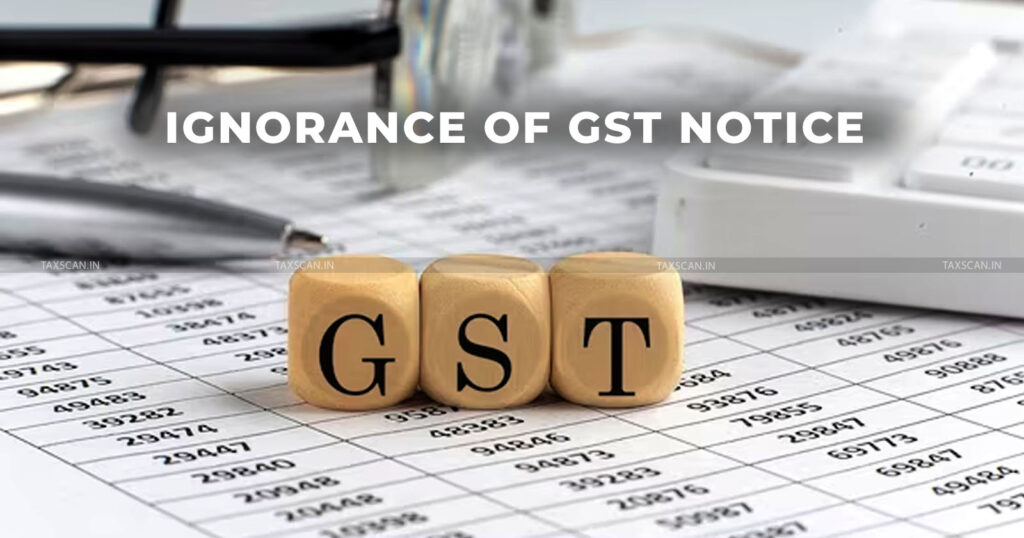GST Payment: No Notice, No Hearing — Then Why Such a Major Action? Here’s the Full Case Explained
In a recent and legally significant case, the Madras High Court quashed a GST demand order issued against a construction firm—without prior notice, without a personal hearing, and without a reasoned explanation. This has raised serious concerns over compliance with due process and natural justice in GST administration.
The ruling reinforces that even tax authorities are bound by procedural fairness under the Central Goods and Services Tax (CGST) Act, and no action—however lawful in intent—can bypass the rights of a taxpayer.
Case Background: What Happened?
-
The GST department initiated an investigation against a Tamil Nadu-based construction firm in early 2024.
-
It flagged irregularities in Input Tax Credit (ITC) claims and overall turnover.
-
A notice of hearing was initially scheduled for July 2024. The company requested an extension to respond with documentation.
-
Without granting the extension or issuing any further notice, the department passed a demand order under Section 74 of the CGST Act, imposing significant tax liability.
The company filed a writ petition in the Madras High Court, alleging denial of the right to be heard.
Court’s Verdict: Clear Violation of Natural Justice
The Madras High Court ruled in favor of the petitioner, declaring the GST demand null and void. Here’s what the court emphasized:
-
Violation of Section 75(4), CGST Act: This section mandates an opportunity of hearing if an adverse decision is anticipated.
-
Lack of “Speaking Order”: The order lacked adequate reasoning, failing to explain how the liability was assessed.
-
Disregard for Procedural Fairness: Ignoring a genuine request for extension without justification was deemed arbitrary and unjust.
The order was set aside, and the department was instructed to:
-
Serve a fresh notice,
-
Offer the company a fair hearing, and
-
Pass a reasoned and lawful order.
Top 5 FAQs About the GST Action Without Notice
1. Can the GST department issue a demand without notice or hearing?
No. Under the CGST Act, especially Section 75(4), the department must provide notice and an opportunity to be heard before passing an adverse order.
2. What is a “speaking order” and why is it important?
A speaking order is a reasoned order that explains how the decision was reached. It shows transparency, fairness, and a clear basis for legal action.
3. What should a taxpayer do if GST is imposed without proper notice?
The taxpayer should approach the High Court with a writ petition under Article 226 of the Constitution, challenging the violation of natural justice.
4. Have other courts ruled similarly in such cases?
Yes. High Courts in Gujarat, Andhra Pradesh, Telangana, and Bombay have previously set aside GST orders where procedural lapses were evident.
5. Does this case set a legal precedent?
Absolutely. The judgment reinforces that due process is non-negotiable, even in taxation matters. Authorities must adhere strictly to the provisions of the law.
Why This Matters for Businesses
This ruling is more than just a procedural win; it sends a strong message:
-
Taxpayers have rights that must be respected.
-
The principles of natural justice are foundational to tax law.
-
Administrative shortcuts can result in reversals and legal consequences for tax officers.
It also encourages businesses to be vigilant about how notices are issued and orders passed, especially when large financial implications are involved.
Upholding Justice in Tax Administration
The Madras High Court’s intervention shows that justice cannot be sacrificed at the altar of speed or efficiency. The GST system is built on transparency, fairness, and accountability—not just compliance.
For businesses, this case is a reminder: Know your rights, respond properly, and never accept a flawed order without questioning it.
